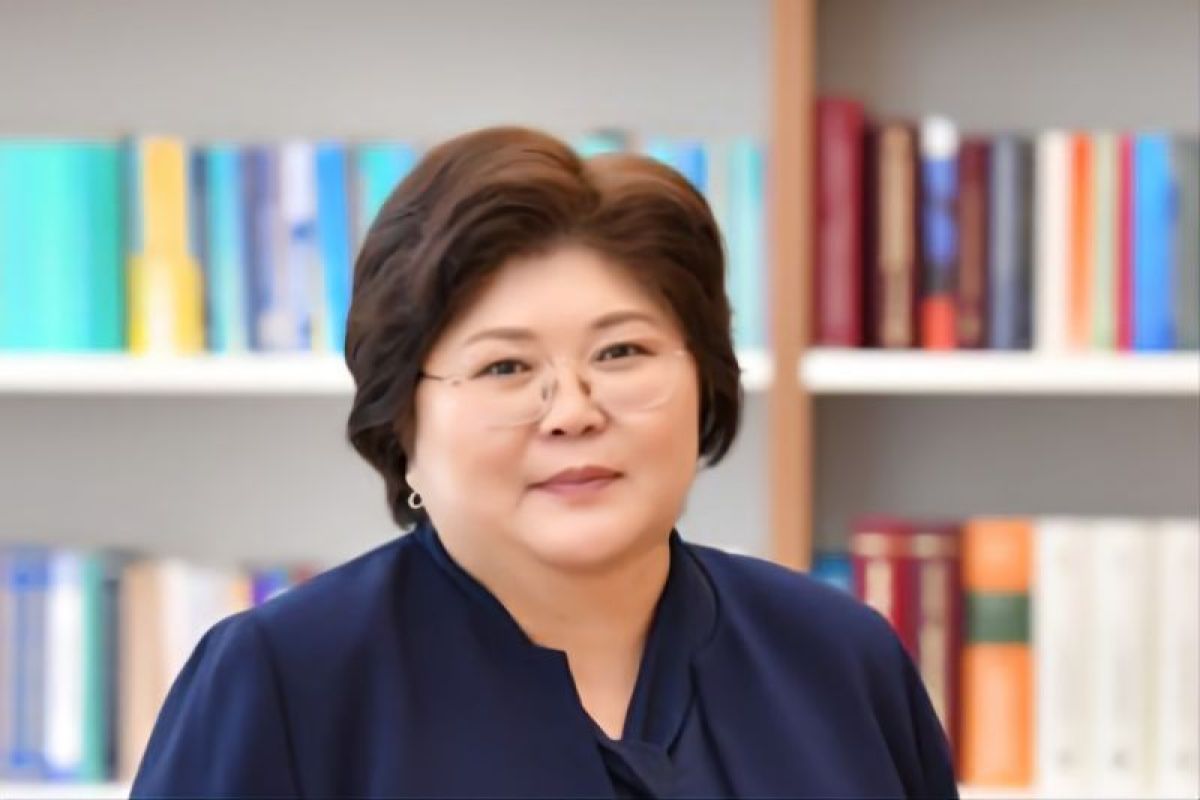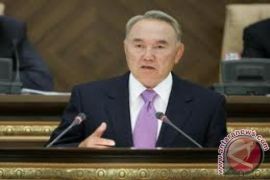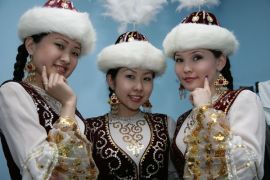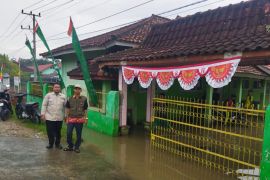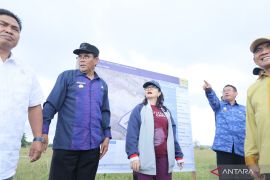The introduction of self-nominated candidates has expanded the pool of potential political leaders, creating a more inclusive and diverse political environment.
Following the recent parliamentary elections in March, six parties gained seats in Parliament, making the legislative body more diverse and competitive, encompassing a wide range of political views.
This diverse and inclusive Parliament has enhanced legislative transparency and strengthened the process of receiving feedback from citizens.
Legal amendments have also simplified the organization of peaceful assemblies. Organizers are now only required to notify the authorities rather than seek prior permission, thereby increasing freedom of expression.
The number of peaceful demonstrations has significantly increased after the amendments to the legislation, reflecting a more politically engaged citizenry.
President Tokayev's reforms have also fortified the protection of human rights. Clear definitions of "torture" and "ill-treatment" have been established, providing citizens with safeguards.
Additionally, Kazakhstan has established robust mechanisms to protect human rights and democracy by strengthening institutions such as the Ombudsperson for Human Rights, the Ombudsperson for Children's Rights, and the Commissioner for the Rights of Socially Vulnerable Categories of the Population.
Kazakhstan's Constitutional Court, which I chair, commenced its work on January 1, 2023. Its main task is to ensure the compliance of laws with constitutional norms based on specific real-life situations.
In just eight months since its establishment, the Constitutional Court has received around four thousand appeals from citizens, compared to the Constitutional Council's 140 cases over 27 years, averaging about five cases per year.
Copyright © ANTARA 2023
